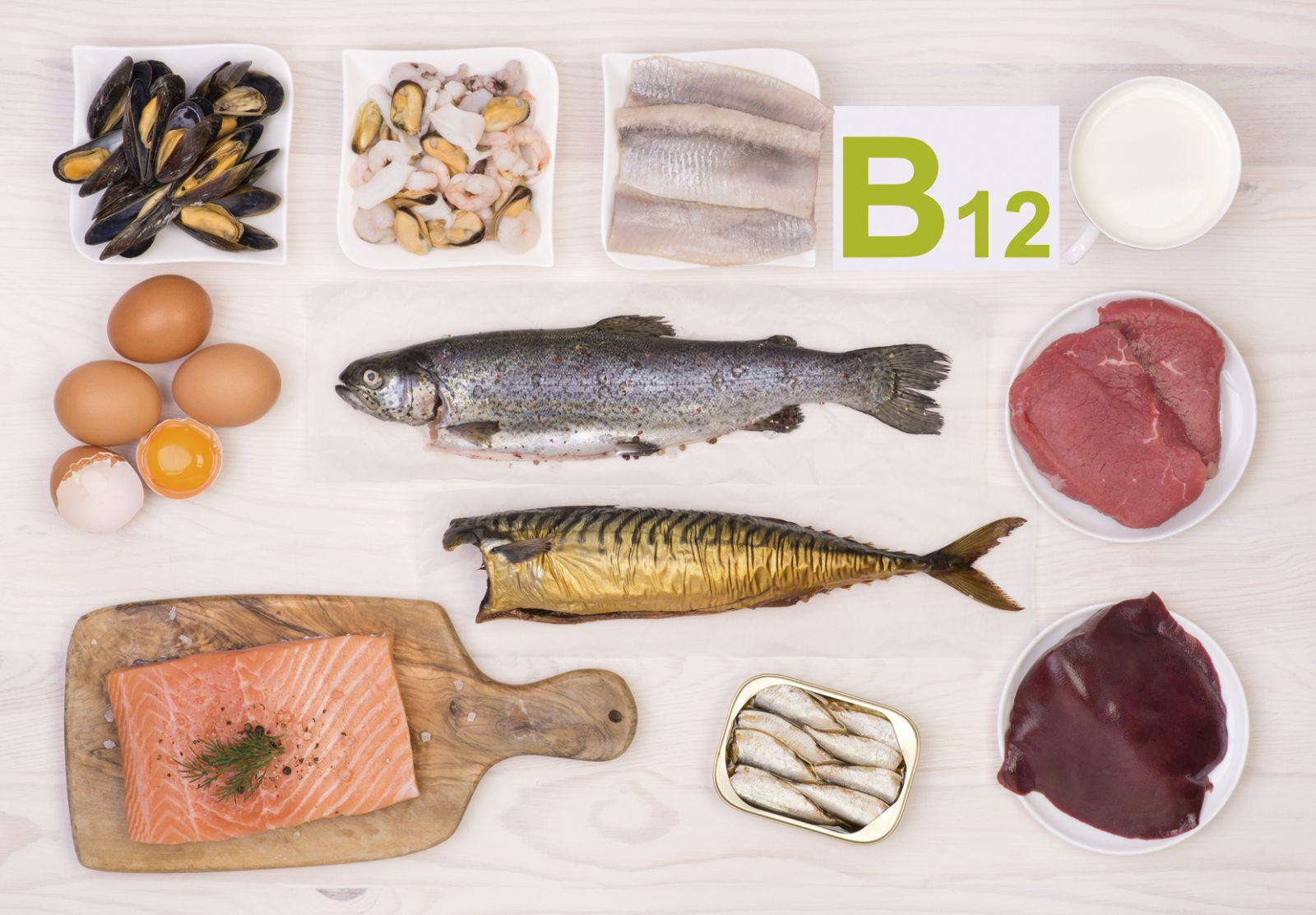Vitamin D and B12: Symptoms, Sources, Diagnosis & Treatment.
Vitamin D and vitamin B12 are two essential nutrients that play important roles in the human body.
Here is some information about these vitamins, including their low symptoms, sources, treatment, and home remedies.
Vitamin D:
Vitamin D is a fat-soluble vitamin that is important for bone health, immune function, and many other processes in the body. The body can produce vitamin D when the skin is exposed to sunlight, but it can also be obtained from food and supplements.

Low symptoms:
Symptoms of vitamin D deficiency can include:
- Fatigue
- Bone pain or weakness
- Muscle weakness
- Depression
- Impaired wound healing
- Hair loss
Sources:
Food sources of vitamin D include fatty fish, egg yolks, and fortified foods such as milk, cereal, and orange juice. Vitamin D supplements are also available.
Treatment:
Treatment for vitamin D deficiency typically involves taking vitamin D supplements. The dose and duration of treatment will depend on the severity of the deficiency.
Home remedies:
Getting enough sunlight can help the body produce vitamin D, but it is important to protect the skin from UV damage. Eating a diet rich in vitamin D sources and taking supplements as recommended by a healthcare provider can also help.
Vitamin B12:
Vitamin B12 is a water-soluble vitamin that is important for nerve function, red blood cell production, and DNA synthesis. The body cannot produce vitamin B12 on its own, so it must be obtained from food or supplements.

Low symptoms:
Symptoms of vitamin B12 deficiency can include:
- Fatigue
- Weakness
- Tingling or numbness in the hands and feet
- Difficulty walking
- Memory problems
- Depression
Sources:
Food sources of vitamin B12 include meat, fish, dairy products, and fortified cereals. Vitamin B12 supplements are also available.
Treatment:
Treatment for vitamin B12 deficiency typically involves taking vitamin B12 supplements. In some cases, injections may be necessary.
Home remedies:
Eating a diet rich in vitamin B12 sources and taking supplements as recommended by a healthcare provider can help prevent and treat vitamin B12 deficiency. Additionally, reducing alcohol consumption and quitting smoking may also be beneficial.
In conclusion, both vitamin D and vitamin B12 are important for overall health, and deficiency in either vitamin can cause a range of symptoms. Eating a balanced diet that includes sources of these vitamins and taking supplements as recommended can help prevent and treat deficiency. If you suspect that you may have a deficiency, it is important to talk to a healthcare provider for proper diagnosis and treatment.

vitamin d and B12- diagnose
For vitamin D, a blood test can measure the level of 25-hydroxyvitamin D (25(OH)D), which is the main form of vitamin D in the blood. Levels below 20 ng/mL (nanograms per milliliter) are considered deficient, while levels between 20-29 ng/mL are considered insufficient.
For vitamin B12, a blood test can measure the level of B12 in the blood. Levels below 200 pg/mL (picograms per milliliter) are considered deficient, while levels between 200-300 pg/mL are considered borderline.
It is important to note that a deficiency in vitamin D or B12 can have symptoms that are similar to other medical conditions, so a healthcare provider may need to rule out other causes before making a diagnosis.
If a deficiency is diagnosed, a healthcare provider may recommend dietary changes or supplements to correct the deficiency. They may also monitor vitamin levels over time to ensure that treatment is effective.
Follows Us for More Updates
Like Us on Facebook Page : Click Here
Like Us on Instagram : Click Here





